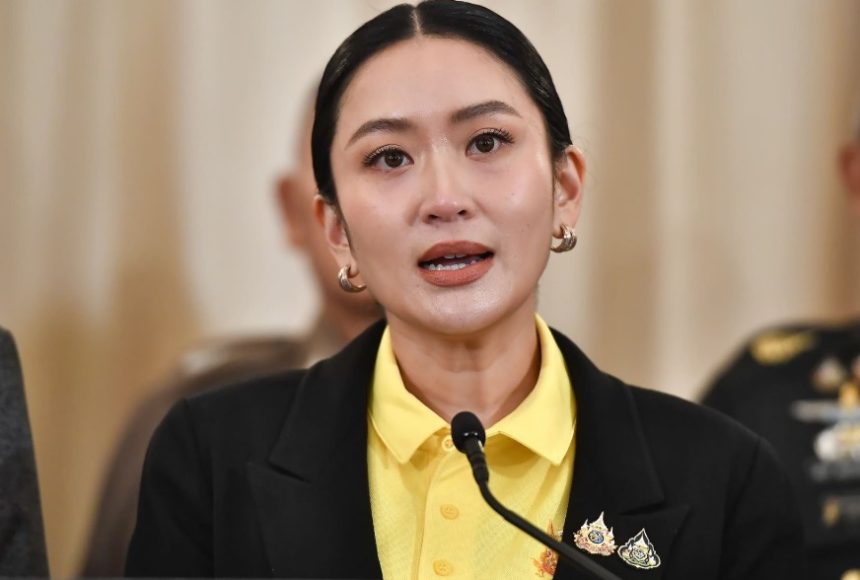Thailand’s Court Removes Paetongtarn Shinawatra as Prime Minister
Another Shinawatra has fallen. The Thai Constitutional Court has ruled against Paetongtarn Shinawatra, cutting short her time as Prime Minister barely a year into the role.
The judges cited a “serious breach of ethics” tied to a phone call she made with Cambodia’s former strongman Hun Sen during a tense border flare-up earlier this year.
According to the ruling, Paetongtarn’s comments criticising a Thai Army commander “demonstrated the weakness of domestic [Thai] politics,” while her concession to Hun Sen was seen as sacrificing national security for personal political gain.
Thailand’s politics have long been turbulent, but the Shinawatras know the turbulence better than most.
ฺBREAKING: Paetongtarn removed from office
The Constitutional Court today removed now former Prime Minister Paetongtarn Shinawatra from office, after finding her guilty of committing gross ethical misconduct during a conversation with Cambodian Senate President Hun Sen,… pic.twitter.com/ftQ11L8JCS
— Thai PBS World (@ThaiPBSWorld) August 29, 2025
Her father, Thaksin, was toppled in 2006. Her aunt, Yingluck, was ousted in 2014. And now Paetongtarn—once heralded as Asia’s youngest female leader outside royalty—has joined the family tradition of premature exits.
Observers say this could be the end of the dynasty’s dominance.
“The Shinawatra brand has already suffered damage beyond repair,” says Napon Jatusripitak, a visiting fellow at the ISEAS–Yusof Ishak Institute.
The ruling comes just months after her suspension on 1 July, a move that already unleashed factional squabbles inside her Pheu Thai Party.
The party had campaigned on sweeping populist pledges but watered them down after joining hands with conservative, army-linked rivals. That uneasy alliance was designed to keep the progressive Move Forward party out of power—but it has cost Pheu Thai dearly.
Support has collapsed. A June poll put backing for the party at just 11%, down from 28%. Paetongtarn’s own approval ratings slid into single digits.
Critics argue the Shinawatras no longer connect with what Thai voters really want—economic stability paired with greater liberty.
The court’s verdict is not the family’s only legal battle. Thaksin Shinawatra, who returned from exile in 2023, recently dodged a lese-majesté conviction but faces another looming trial.
Though officially pardoned from an eight-year jail term, he may still be forced back behind bars depending on next month’s judgment.
Yet despite courtroom dramas, Thaksin’s influence inside Pheu Thai remains unshaken. With 141 MPs in Parliament’s lower house, the party remains a power broker in any coalition talks.
“The Shinawatra family will remain a key political player,” says Napon. “Although its dominance is now a thing of the past.”
Thailand must now brace for another round of negotiations, shifting alliances, and perhaps an early general election.
For the Shinawatras, the verdict is a blow that may finally close their decades-long grip on Thai politics. But their network still matters, and any coalition will struggle to form without Pheu Thai’s leverage.
For now, one truth remains: the family that once embodied populist change is fighting simply to stay relevant.






